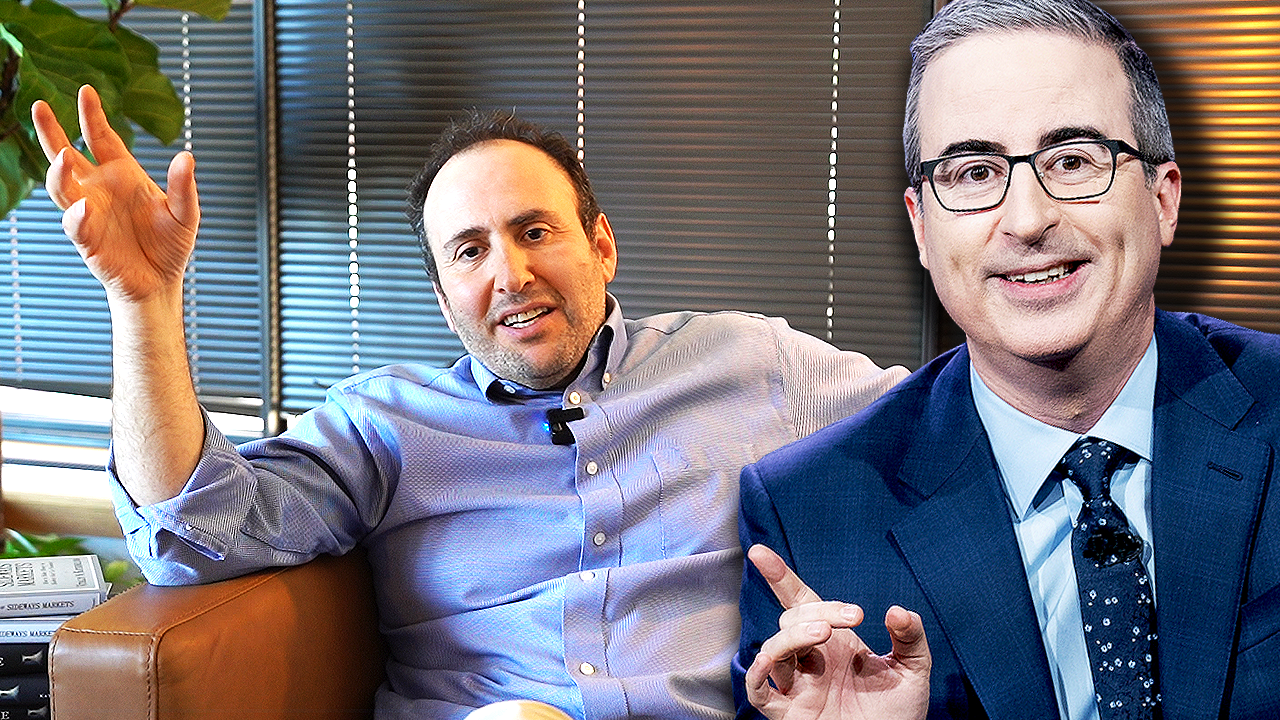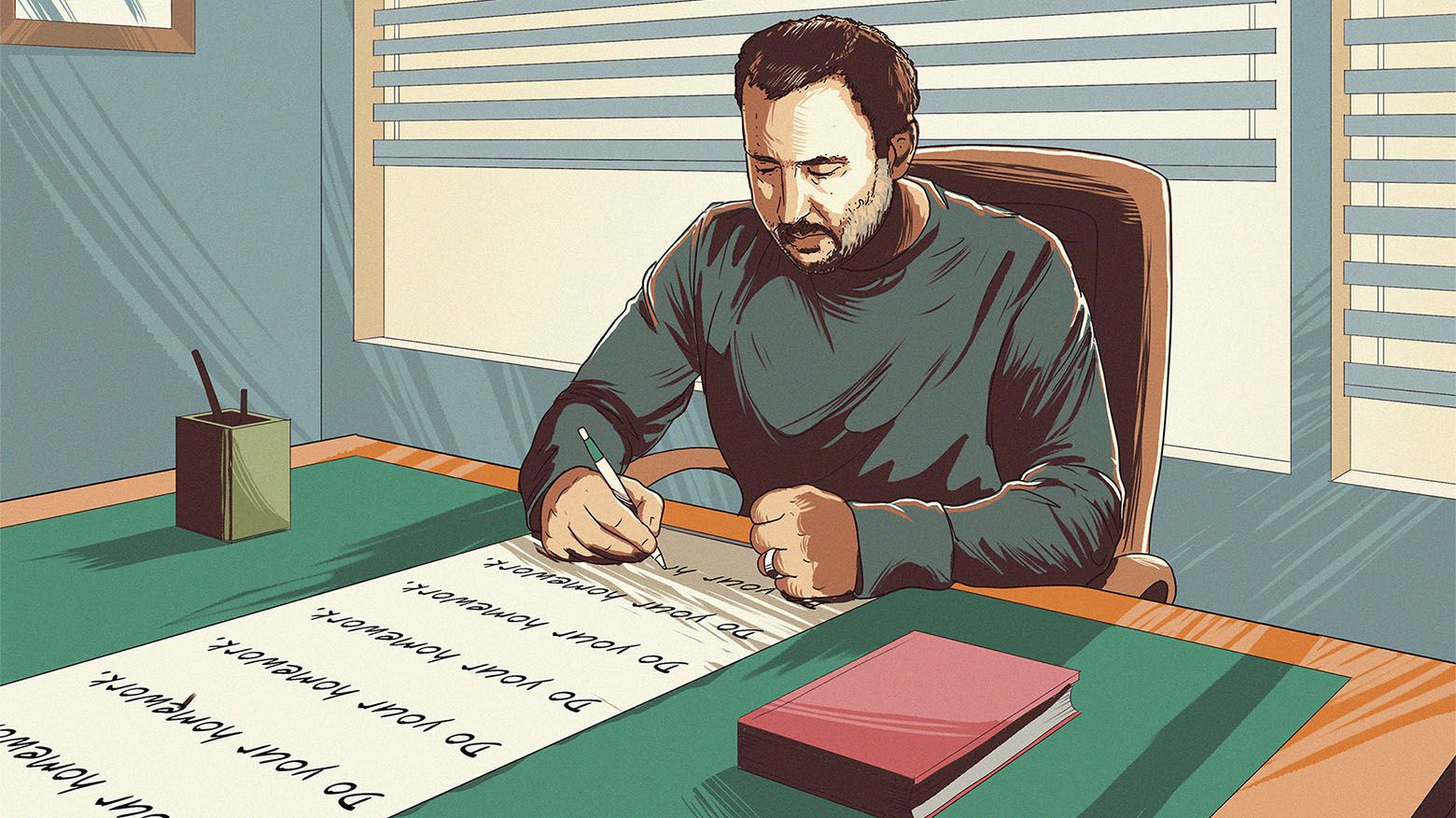We often talk about how developments in the economy will impact the stock market, but we rarely discuss the other side of the relationship: how the market impacts the real economy.
It does, and the current run-up in stocks is very positive for the economy. Here’s are three reasons why:
1. Banks can loan
Financial stocks have doubled from their lows. This is great news for banks — they were able to capitalize on higher stock prices and issued $85 billion of new common equity in one month. Some of the newly issued equity will go to pay back TARP money from the government; some will allow banks to boost their balance sheets so they can swallow more losses that are coming their way from mortgages, credit cards, commercial real estate, etc.; and whatever is left will go to originate new loans.
Since banks use leverage, equity funds will allow banks to generate new loans in the multiple of 15-20 times of issued equity. Of course, banks have to be willing to lend and consumers/corporations will need to be willing to borrow, but that is a different story.
2. CEOs have reason to hope
We think of corporate management as rational, numbers-driven individuals, and some of them may be all that. But they are still just well-paid, well-dressed and well-spoken members of that species that we call humans. As such, they are susceptible to the pressures and influences of their external environment.
The stock market has great influence on their decisions. The recent stock market rise made them question how much downsizing they really want to do. In other words, in the absence of the stock market’s positive influence, management possibly would have been laying off more people that they’ll be actually laying off.
Of course, some corporate managers simply realized the impact that the stock market has on decisions of other managers and adjusted their behavior accordingly.
3. Have job, will spend
Finally, consider the employed consumer – the driving force of the economy, the one who still has a job, the 92% of workforce. They see the Dow climbing, hear the media going hysterical over the green shoots and hear fewer people discussing the end of the financial world. Suddenly Dr. Death (my nickname for economist Nouriel Roubini, whose more common Dr. Doom nickname was misappropriated from Marc Faber) is not as popular as he was two months ago.
These employed consumers are feeling better about their future and may actually start spending money. (Those who are unemployed are unlikely to change their behavior, as the job market is very tough.) I don’t think we should expect a repeat of the 2000-2007 spending spree, but maybe they’ll start putting butter on the popcorn when they watch DVDs at home,
George Soros has a name for what I described above; he calls it reflexivity. To me it just sounds like a self-fulfilling prophecy – stocks go up because the economy is expected to do better, the economy does better because stocks went up. Of course, everything I said works the other direction, too.










0 comments